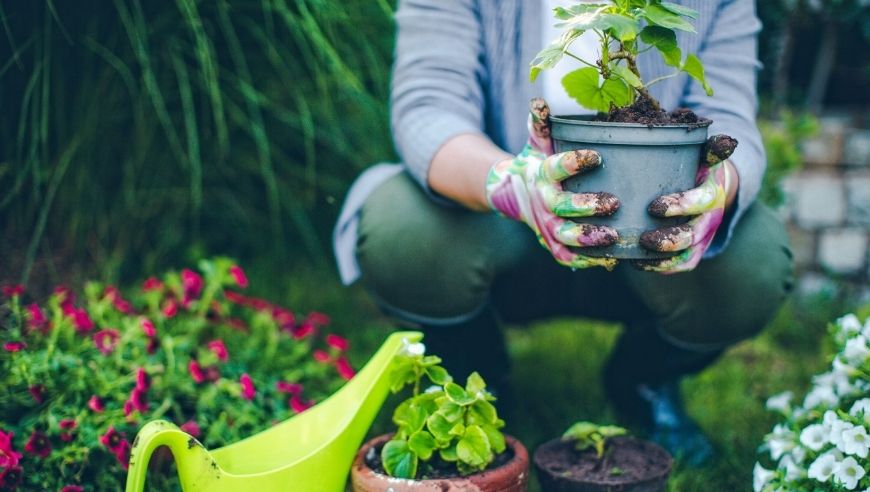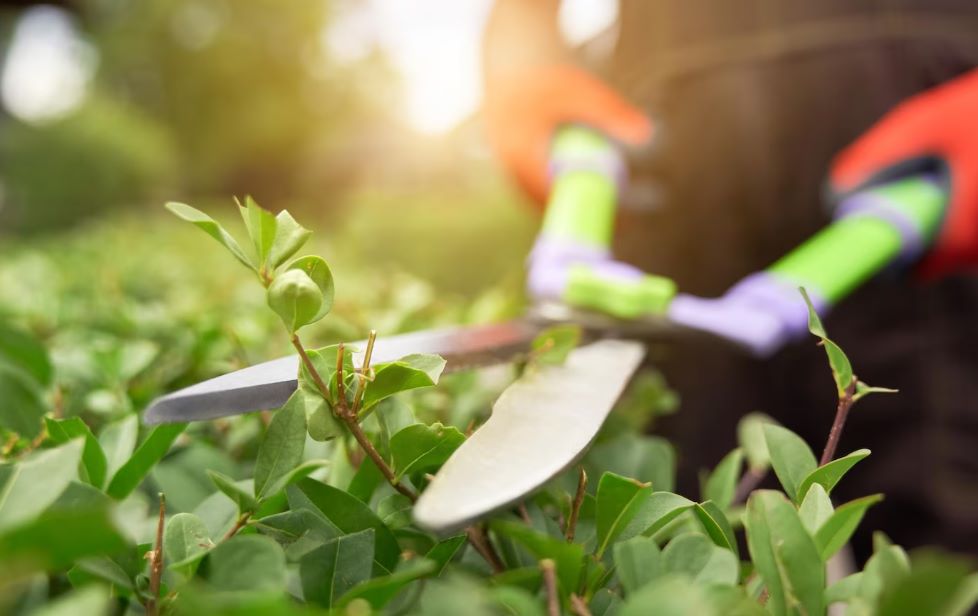
Empower Yourself NDIS Gardening: Everything You Need to Know
Becoming an NDIS gardener can be a rewarding and fulfilling career path, allowing individuals to support people with disabilities in maintaining their outdoor spaces. This guide will outline the steps and requirements for becoming an NDIS gardener, including the necessary qualifications, skills, and resources needed to succeed in this role.
What is the NDIS, and how does it support gardening services?
The National Disability Insurance Scheme (NDIS) provides support for people with disabilities to access gardening services, enabling them to maintain and enjoy their outdoor spaces. As an NDIS gardener, individuals can play a crucial role in enhancing the quality of life for people with disabilities by offering tailored gardening assistance. The NDIS aims to empower participants to achieve their gardening goals by providing funding for gardening services, equipment, and support workers. This comprehensive scheme ensures that individuals with disabilities have the necessary resources to engage in gardening activities, promoting independence and a sense of accomplishment. Understanding the NDIS and its support for gardening services is essential for aspiring NDIS gardeners.
What qualifications and skills are required to become an NDIS gardener?
To become an NDIS gardener, a combination of qualifications and skills is essential. Firstly, a valid driver’s licence and access to reliable transportation are crucial for travelling to clients’ homes. Additionally, a Certificate III in Horticulture or equivalent qualification is typically required to demonstrate proficiency in gardening techniques and plant care. Furthermore, strong communication and interpersonal skills are essential for engaging with clients and understanding their specific gardening needs. An understanding of disability support and a compassionate approach to working with people with disabilities are also valuable assets. Overall, a blend of technical expertise and empathetic communication skills is vital for success as an NDIS gardener.
How can one register as an NDIS provider for gardening services?
Registering as an NDIS provider for gardening services involves several essential steps and requirements. Firstly, individuals interested in offering gardening services to NDIS participants must ensure they meet the necessary qualifications and skills, including possessing a valid driver’s licence and access to reliable transportation for home visits. Furthermore, obtaining a Certificate III in Horticulture or equivalent qualification is crucial to demonstrating proficiency in gardening techniques and plant care. Strong communication and interpersonal skills are also essential for effectively engaging with clients and understanding their specific gardening needs. Additionally, a compassionate approach to working with people with disabilities and an understanding of disability support are valuable assets in this role.
What are the responsibilities and considerations when working with NDIS participants?
When working with NDIS participants as a gardener, it is essential to understand the unique responsibilities and considerations involved. As an NDIS gardener, individuals have the crucial task of supporting people with disabilities in maintaining their outdoor spaces, thereby enhancing their quality of life. This role requires not only technical expertise in gardening techniques and plant care but also strong communication and interpersonal skills to effectively engage with clients and understand their specific needs. Additionally, a compassionate approach and understanding of disability support are vital for providing tailored gardening assistance to NDIS participants. It is important to approach this role with empathy and a commitment to promoting independence and well-being.

What resources and support are available for NDIS gardeners?
As an NDIS gardener, you have access to a range of resources and support to enhance your capabilities in providing tailored gardening assistance to participants. The NDIS offers funding for gardening services, equipment, and support workers, ensuring that individuals with disabilities have the necessary resources to engage in gardening activities. Understanding and utilising these resources can significantly impact the quality of life for NDIS participants, promoting independence and a sense of accomplishment. Additionally, you can seek guidance from NDIS support networks, professional development opportunities, and community organisations to further enhance your skills and knowledge in this fulfilling career path.
Conclusion
Becoming an NDIS gardener requires dedication, compassion, and a commitment to supporting individuals with disabilities in maintaining their outdoor spaces. By obtaining the necessary qualifications, registering as an NDIS provider, and continuously improving skills and knowledge, individuals can embark on a meaningful career path that positively impacts the lives of NDIS participants.
